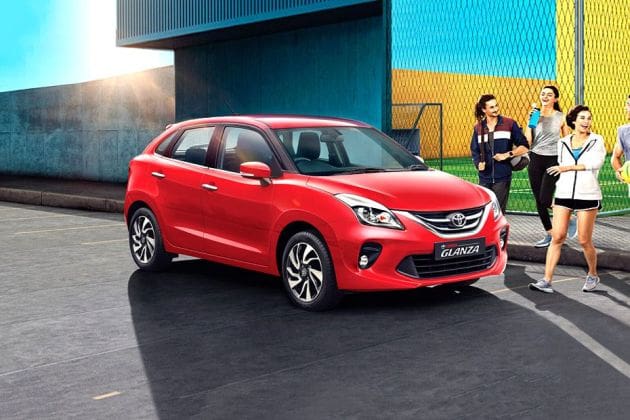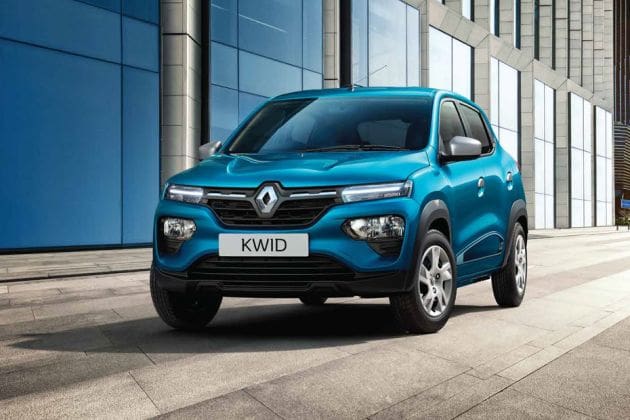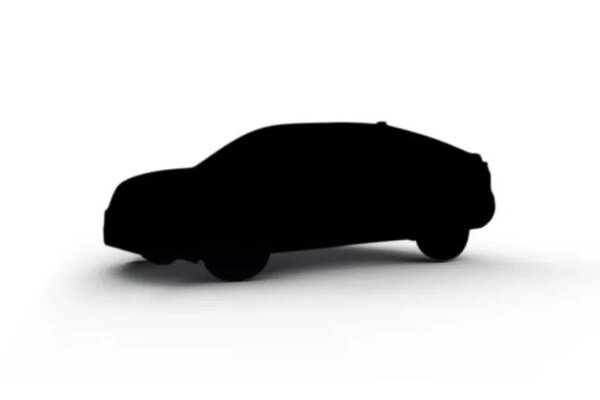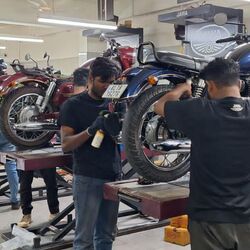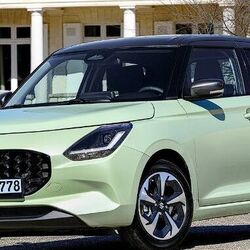Russia threatens to nationalize auto plants of foreign companies: Know why
- A wide number of automakers have been affected due to the ongoing Russia-Ukraine conflict.
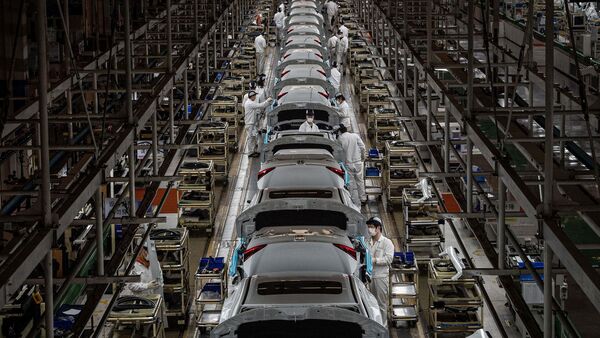

Russia has threatened to nationalize the factories of foreign-owned companies that have paused operations in the country in the wake of the country's conflict with Ukraine. Reuters reports that a senior member of Russia's ruling party has proposed nationalizing the factories of the companies that shut down operations there in response to Russia's invasion of its neighbouring country. This move could target several foreign automakers present in Russia.
Also Read : Ferrari slams brake on car production in Russia, Lamborghini steers clear too
The news agency has cited Andrei Turchak, secretary of the general council of Russia’s ruling party, who said that the country will take tough retaliatory measures, acting in accordance with the laws of war.
Also check these Cars
With the country hit hard by the economic sanctions imposed by the US, UK and European Union among others, several auto companies such as Honda, Toyota, Volkswagen, General Motors, Jaguar Land Rover, Mercedes-Benz. Ford and BMW have suspended their operations in Russia. Also, these companies have suspended their vehicle export to the country as well.
Hyundai is one of the major foreign automobile brands present in Russia. It paused production in the country but claimed that the decision was made because of supply chain disruption. It also said that the company would resume factory operations.
Among others, Renault is in a tricky situation currently. The French automaker owns AvtoVaz, which manufactures Lada cars and is also the most popular car brand in Russia. It has said that the company would be looking for a domestic supply of microchips in order to keep its production running.
The current crisis is directly impacting the auto industry in Europe and in other regions as well. Ukraine and Russia play crucial roles in the supply chain for the European auto industry. With the conflict on, the supply chain has been disrupted prompting a microchip shortage, rising fuel prices and shortage of other components as well.







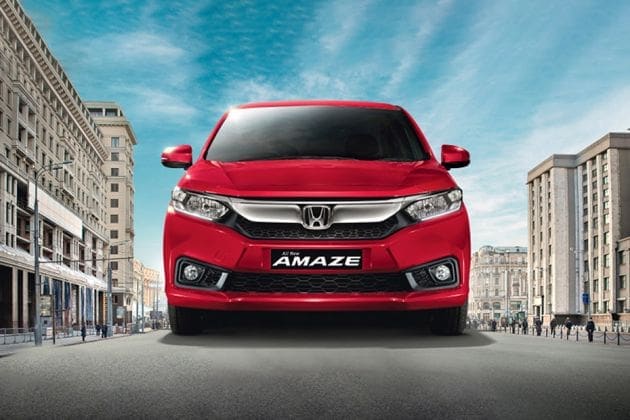
 1199 cc
1199 cc Petrol
Petrol